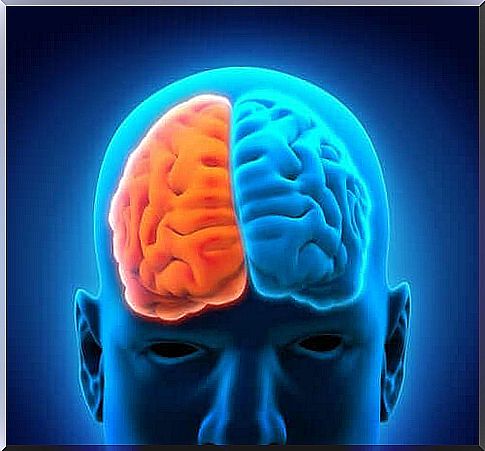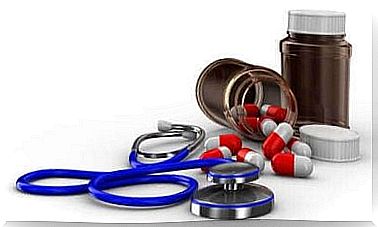How Depression Affects The Brain – 4 Effects

Do you know what exactly happens in the body of a depressed person? Sometimes it may seem from speeches that depression is just a problem of a person’s emotional life, but depression affects a person as a whole, including the brain. Physical and chemical changes take place in the brain, and depression affects both mental and physical health.
Depression is a very big problem worldwide and is a much more significant disease than many believe. The World Health Organization has found that more than 300 million people suffer from depression worldwide, and an average of 800,000 people commit suicide each year because of this disease. One thing to know about depression is that, in general, it is the leading cause of death for people aged 15-29.
Depression affects a person’s emotions, but it’s not just a transient mental problem at some point. It affects the brain in ways that are very difficult to control, which is why it is important to identify depression and treat it with the help of an expert.
How depression affects the human brain physically
Depression directly affects three areas of the human brain: the hippocampus, the cerebellum, and the frontal lobe of the brain. In the following, we explain in more detail what these three areas experience during depression.

1. Hippocampal shrinkage
The hippocampus is a central part of the brain and is responsible for storing memories and regulating cortisol production; this is a hormone related to stress and happiness.
When a person is under physical or mental stress, such as depression, the body secretes cortisol in an effort to alleviate the effects of that stress. But if cortisol levels are very high, this causes a chemical imbalance. Thus, the production of neurons decreases and the hippocampus shrinks.
2. Shrinkage of the frontal lobe of the brain
The frontal lobe of the brain is located in the front of the brain and is responsible for regulating emotions as well as creating memories. It can also shrink when too much cortisol is excreted. In fact, according to experts, this phenomenon is the reason why some women experience postpartum depression.
3. Inflammation of the cerebellum
The cerebellum regulates emotions such as pleasure, the experience of happiness, and fear, among other things.
An overdose of cortisol can cause it to become inflamed, and thus become more active. This causes difficulty sleeping as well as abnormal patterns of behavior. In addition, more activity causes more hormones to be released in other parts of the body than normal, and this can cause other health-impairing complications.
4. Lack of oxygen
In addition to affecting the brain on a physical level, depression also causes indirect changes in it.
Studies show that the body gets less oxygen when a person is depressed. However, it is not known whether this is due to changes in human breathing patterns or for some other reason.
A decrease in the amount of oxygen affects cells throughout the body, and brain cells in particular can then suffer damage or die.
How do the effects of depression on the brain change human health broadly?
Said changes in the brain as a result of depression do not occur immediately, but they are the result of depression. Studies show that it takes about 8-10 months for the human hypothalamus and anterior segment of the brain to shrink.
Thomas Frodl, a researcher at Magdeburg Hospital in Germany, followed depressed patients for three years. He found that the physical changes in their brains increased over time.

Some of the consequences of depression in the human brain are as follows:
- memory impairment
- decreased activity of neurotransmitters
- stagnation of brain development
- decreased learning ability
- cognitive problems
- concentration problems
- changes in mood
- lack of empathy for others
- difficulty sleeping well
- fatigue
How can depression be prevented from adversely affecting the brain?
Scientific studies show that chemical imbalances in excess cortisol and other chemicals are the main cause of human emotional problems as well as physical changes in the brain during depression.
Therefore, the goal of treatment is to regulate hormone production, and its purpose is to help regulate, for example, cortisol and serotonin. In addition, this can be done with medication and / or therapy, and therapy is highly recommended even if the patient is already taking medication to treat their depression.

Studies show that therapy helps to shape the structure of the brain, and in addition, it helps fight various symptoms of depression. Therefore, it is important to seek professional help if you think you may be suffering from depression yourself.
In addition, there are many different things a person with depression can do in their daily lives to promote their brain function and combat depression. These include the following habits:
- stress management
- regular exercise
- healthy diet
- decent rest
- alcohol and drug avoidance
In short, depression is a serious disorder that involves more than just mood swings. Although it cannot be seen from above the human body, it causes physical changes in the brain that cause a decline in the well-being of a person suffering from depression.









